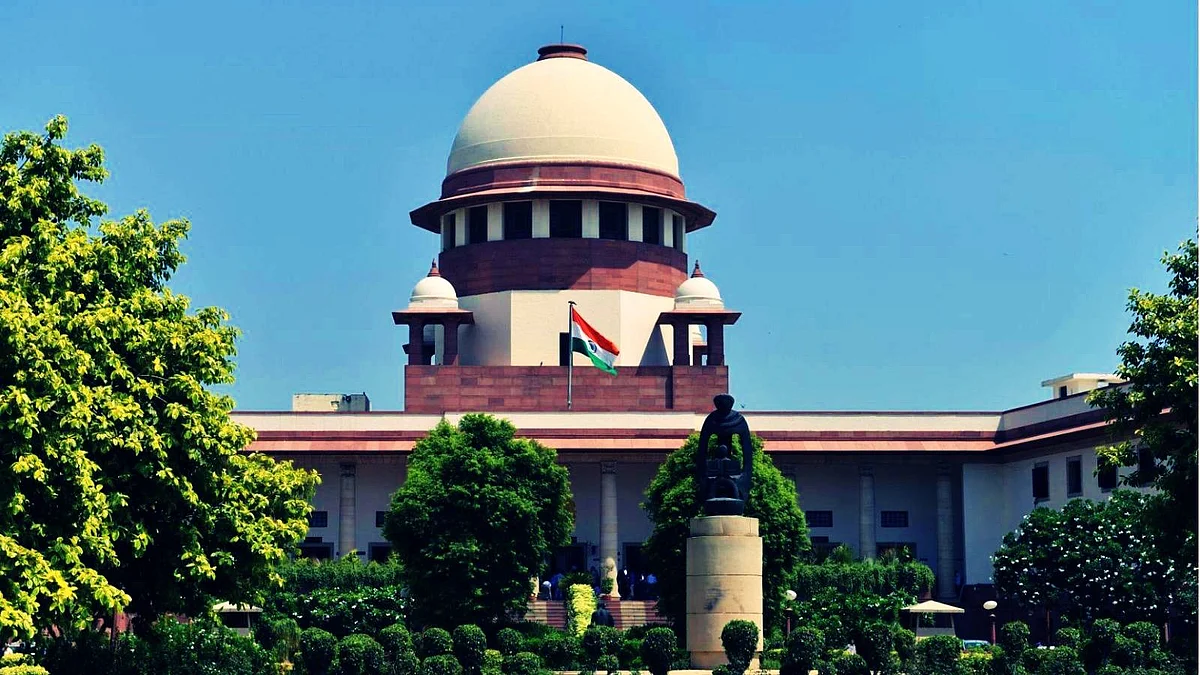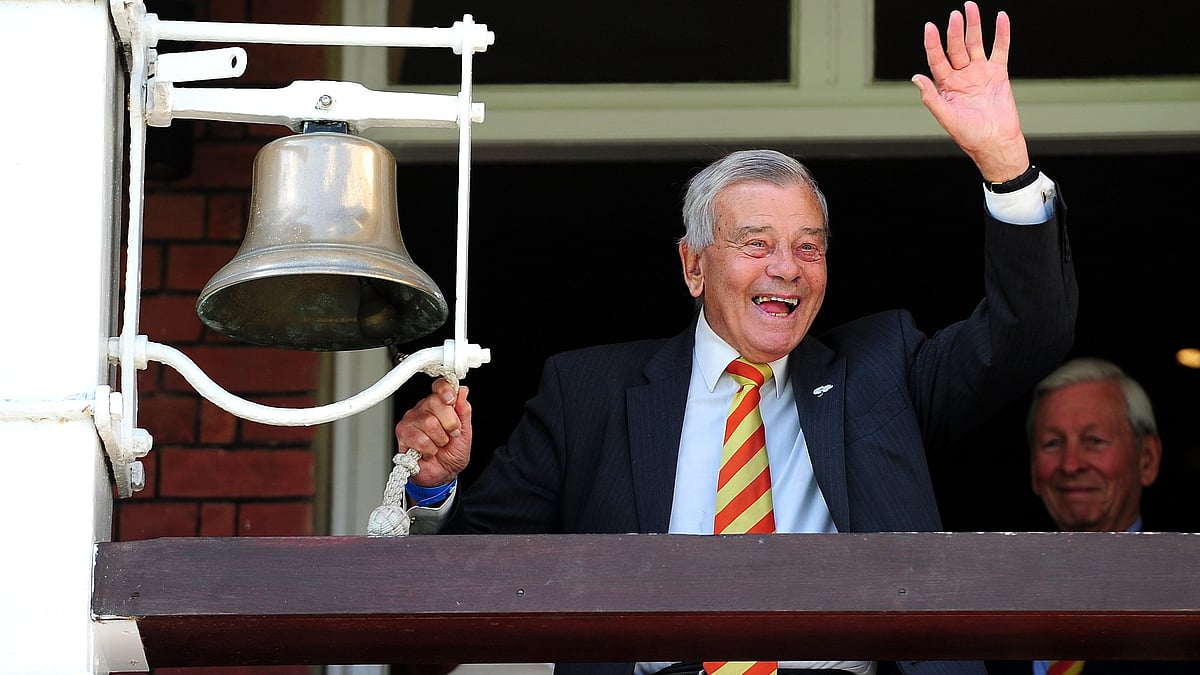“Roz ek mamla nikalna naya? Yeh bhi nahi karna chahiye… par har masjid mein Shivling kyon dekhna...” This was the RSS Sarsanghchalak Mohan Bhagwat addressing senior Swayamsevaks at the end of their training course in Nagpur last Thursday. Bhagwat spoke at length about various issues dear to the Sangh. But it is his remarks touching upon the ongoing Gyanvapi controversy that merit serious attention. In the main, he deprecated the idea that Hindus should go out and rake up every case of real or presumed desecration of their temples by the Mughal invaders. That cannot be an unending exercise. Yes, such heinous atrocities against their faith were inflicted by the Islamic kings. However, in the interest of communal peace and harmony, we have to let bygones be bygones. The Sangh respected everyone’s faith and the way they offered prayers. Most Indian Muslims, who converted from Hinduism, anyway, were free to choose their path of praying, Hindus can have no objection to that. The Sangh believes in unity in diversity. People can speak in different languages, worship in different ways, and can have other regional differences. But they should be loyal to the country. The second point was actually a corollary of the first and reiterated that the RSS was not for joining any Ayodhya-type campaign either for the Gyanvapi site or, by implication, for the disputed site in Mathura. Yes, the RSS did participate in the Ayodhya movement, but it was a one-off, and borne of the extraordinary circumstances that had prevailed at the time of the Ram Mandir campaign.
Ideally, a solution to the Gyanvapi dispute ought to be found by Hindus and Muslims together to reach an amicable settlement. However, if that was not possible, both sides should respect the decisions of the courts. People should avoid fighting over the status of this or that religious site. Roz ek jhagda kyon badhana hain? Wise words, indeed. But the question is whether the protagonists of the latest mandir–masjid row would pay heed to them. A lot will depend on how the ongoing dispute over the status of Gyanvapi plays out in the courts. The recent court-appointed inspection did throw up a Shivling in the ‘mosque’, right under the spot where Muslims wash hands, wudu in Islam, before joining the prayers. This has led the Hindu protagonists to believe that their claim over the historic site, which was converted into a mosque in the Aurangzeb reign, was justified and that it would revert to them. How the issue will be finally resolved is not clear, but it is significant that not one senior BJP leader has publicly intervened in the matter. Currently, the issue is being agitated in courts by people who apparently have no connection to the Sangh Parivar. Yet, going by the long and protracted history of the Ayodhya dispute, it is important that the Gyanvapi dispute is resolved with dispatch before it too festers on the backburner for sometime only to rend asunder later the fragile fabric of communal harmony.
To avoid this potentially dangerous denouement, all well-meaning people should use their good offices to locate a common ground between the two communities. The starting point for any honest search for an amicable settlement must begin with the acknowledgment that whether it be Kashi or Mathura, indeed many more such places, in the medieval period, Islamic invaders did desecrate several Hindu places of worship, converting quite a few into mosques. Such an acknowledgement should not be seen as a blanket sanction for an all-encompassing operation to undo the wrongs of history. No. Not at all. But, as several venerable commentators and public intellectuals have repeatedly argued, the case of Ayodhya, Kashi, and Mathura stood on an entirely different footing. With Ayodhya settled, Muslims should now most gracefully come forward and offer a compromise on Kashi and Mathura temples as well. The mosques there are located over the sites of historic temples. These hold no special religious significance for Muslims whereas for Hindus, both Kashi and Mathura are the most revered places of worship. This notional sacrifice by Muslims would go a long way in striking a blow for lasting communal harmony and peace. In short, the wise and the good among Muslims should take the lead and respond positively to the RSS Sarsanghchalak’s gesture of goodwill.










